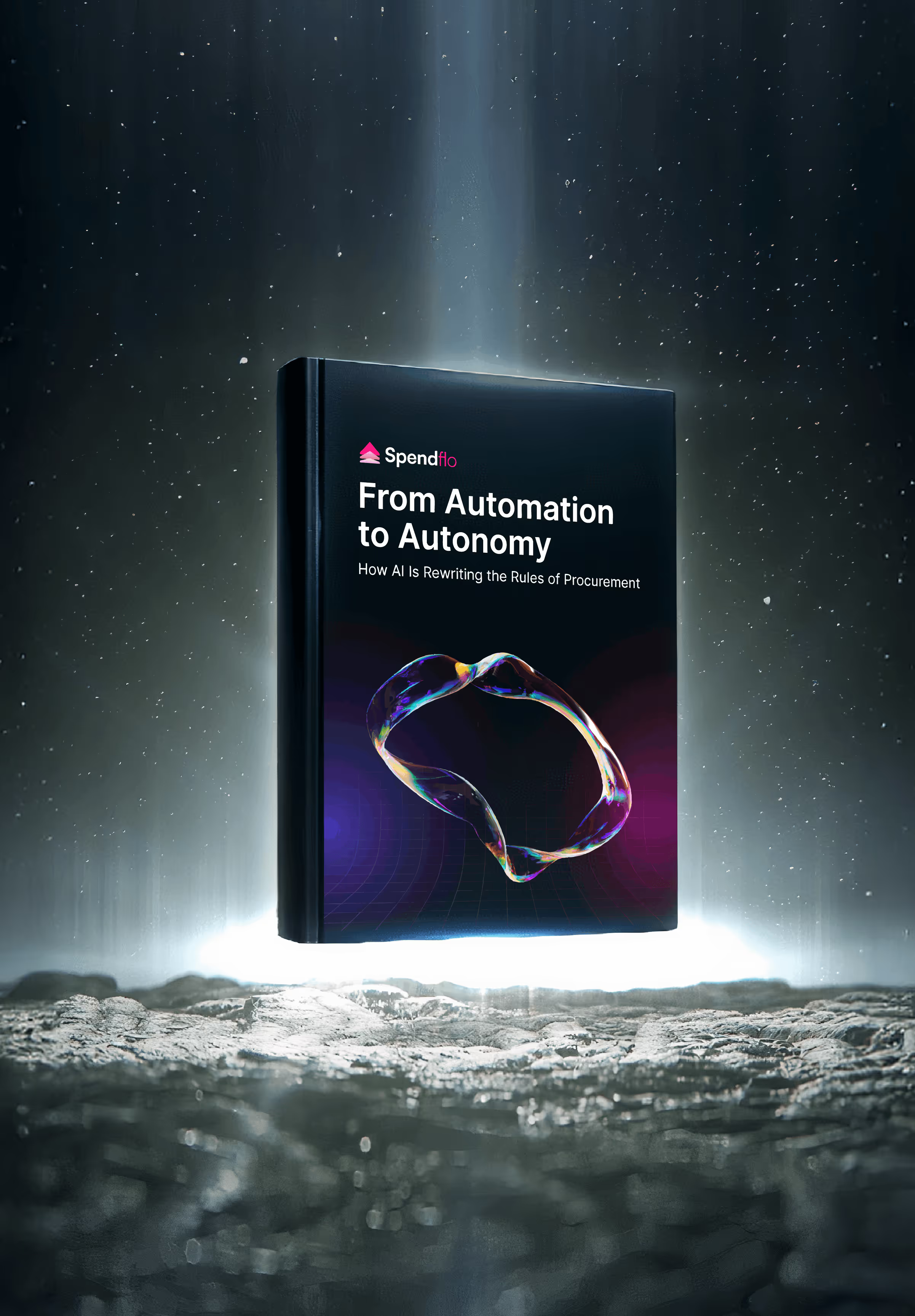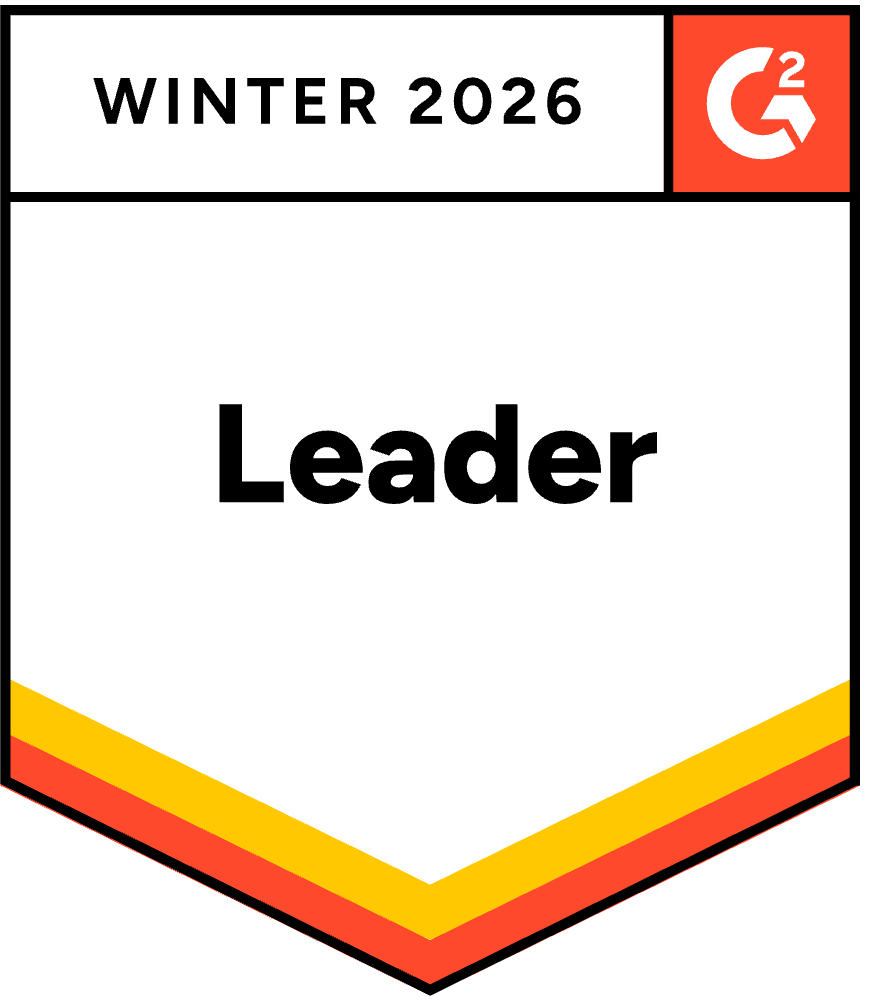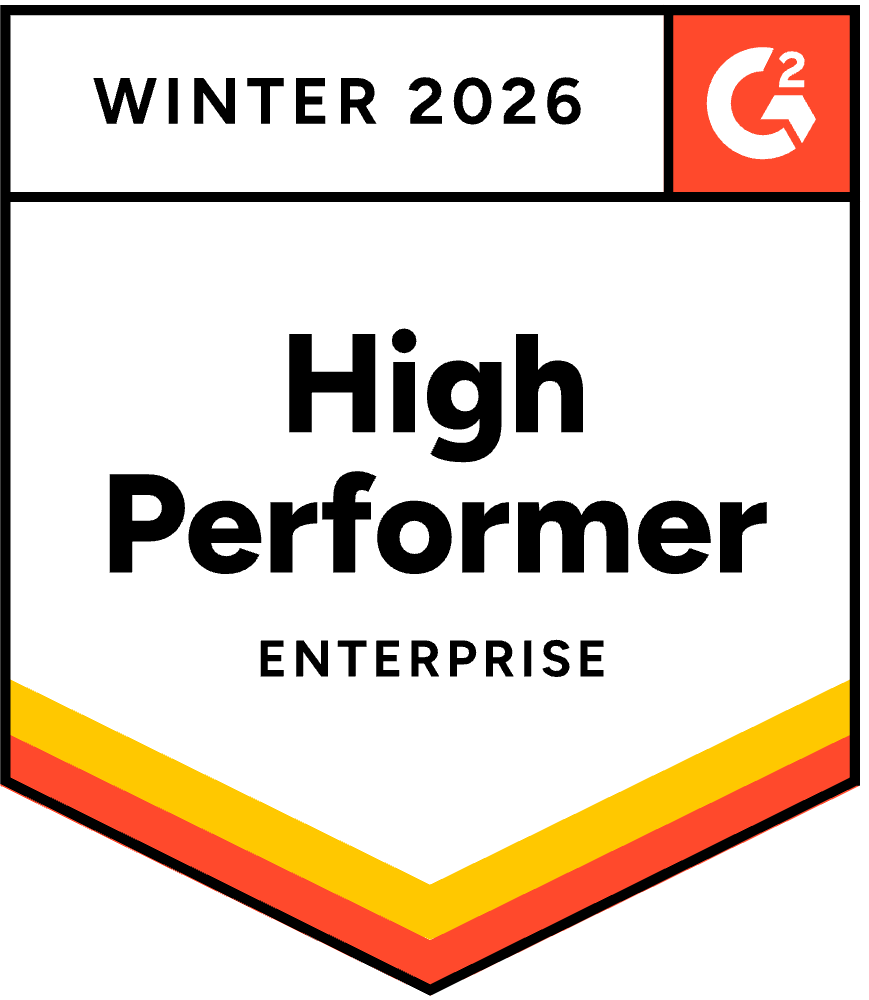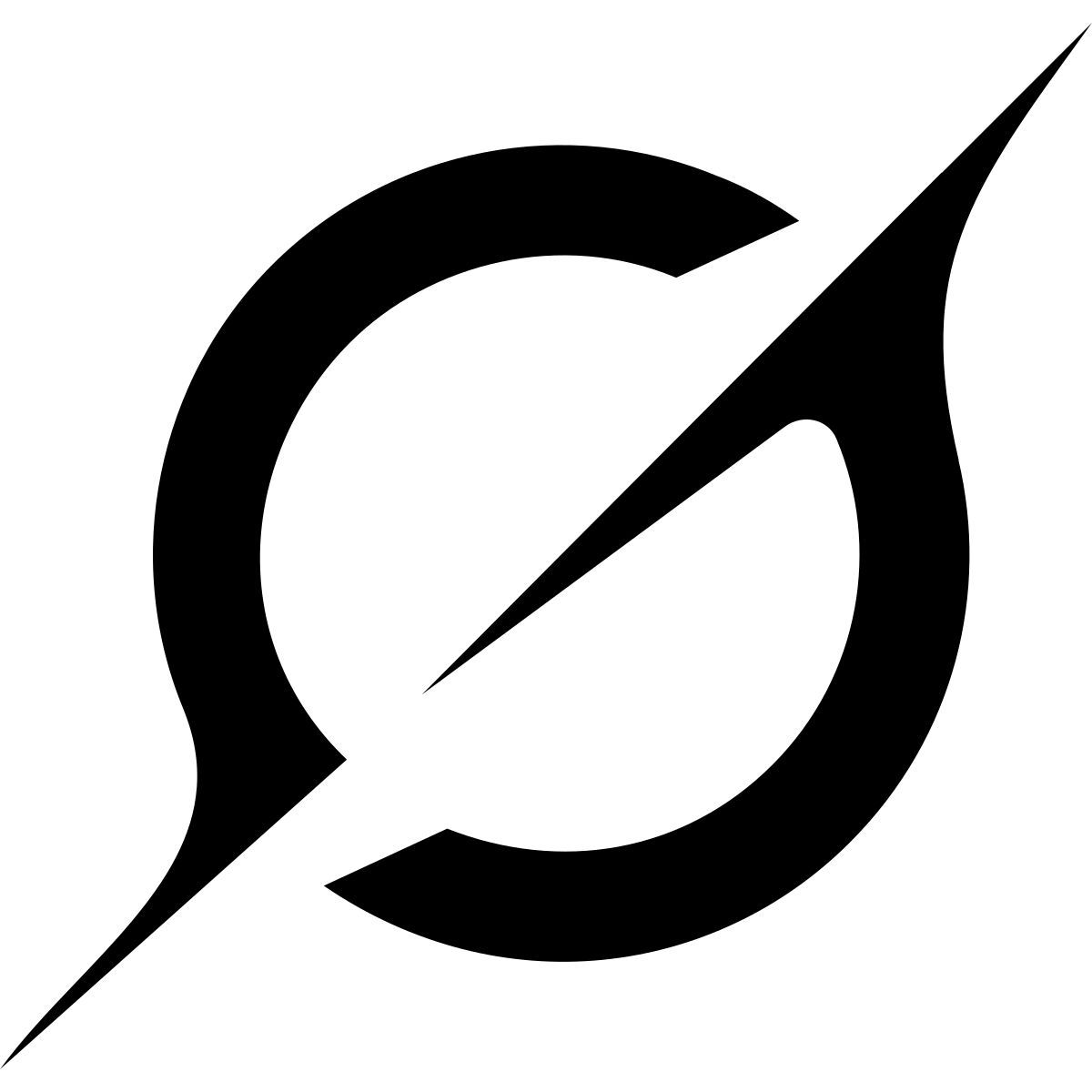

What Do SaaS Procurement Specialists Do? (+Roles & Responsibilities)
.jpg)
What Do SaaS Procurement Specialists Do? (+Roles & Responsibilities)
Learn how procurement specialists can help you save money on SaaS
.jpg)

“Nearly 30% of SaaS spend goes to unused or duplicate subscriptions each year,” according to Gartner. For growing businesses, that’s money lost to inefficiency, poor visibility, and rushed renewals. As SaaS stacks expand, managing these tools effectively has become one of the toughest challenges for finance and procurement teams.
That’s why understanding the evolving role of procurement specialists is critical in 2026. They don’t just manage contracts; they ensure every subscription delivers real ROI, prevents wasted spend, and protects the business from the costly “SaaS disappointment cycle.”
Who Is a Procurement Specialist?
A procurement specialist manages how a company buys software, tools, and services. They assess business needs, review vendors, negotiate contracts, and make sure every purchase fits within budgets and follows company policies. In SaaS-focused teams, they often partner with finance, IT, and department leads to keep spending visible and controlled.
Their main goal is to help the business get the right tools at the best value, quickly and with minimal risk. By keeping an eye on renewals, cutting duplicate subscriptions, and standardizing approvals, procurement specialists help operations run smoothly while reducing costs across the company.
The Job Description of a Procurement Specialist in 2026
In 2026, the role of a SaaS procurement specialist or procurement consultant will evolve beyond just cost optimization to become true "SaaS Success Managers." Your responsibilities will include:
1. Savings-Oriented
Being cost-centric from day one is non-negotiable. You can't treat SaaS spending as an afterthought. By swearing by metrics upfront, crunching the numbers, and setting clear cost goals, you protect the company from overpaying and hold vendors accountable to pricing disciplines. This lays the foundation for responsible SaaS investment. You should be able to conduct a comprehensive cost-benefit analysis and analyze how much you can save on your SaaS costs based on your expenditures.
Pro Tip: An average Spendflo (SaaS spend management platform) user saves up to $300,000 for every $1M spent on SaaS. If you want to have a rough estimate of how much you can save, book a time slot to talk with us.
2. Rigorous SaaS Vetting
You can't rely on marketing fluff when evaluating SaaS vendors. It's your job to look under the hood through rigorous due diligence on security, compliance, integration capabilities, support quality and overall product-org fit. Skipping this step leads to costly SaaS failures down the road when the solution can't meet requirements. As the gatekeeper, you prevent professionals from adopting shiny but flawed SaaS objects.
3. Cross-Team Collaboration

SaaS procurement can't happen in an ivory tower. You need to proactively bridge silos and ensure cross-functional stakeholders from IT, InfoSec, Finance, Legal and end-user teams are involved. Why?
Because “Procurement affects widely across the organization...influencing stakeholders internally, which sales and marketing don't need to do quite as much because they're much more outward focused. Procurement is both outward focused on suppliers and inward focused on internal teams.
So we need a wider skill set and set of behaviors than any other role. We must be much better at influencing people internally, where we don't have a power relationship. We can't just tell stakeholders what to do - we need to get them to buy into procurement's decisions and initiatives.
And externally, we have to influence suppliers across vastly different cultures and negotiate complex agreements.” says Martin Crump - the creator of the Developing Procurement Talent Programme.
4. Centralized SaaS Management
To effectively manage the full SaaS lifecycle, you need centralized visibility across all solutions through unified dashboards. Scattered tracking in siloed spreadsheets breeds SaaS chaos. Centralized management platforms give you control over every SaaS subscription - usage metrics, spend, renewals, escalations, you name it. It's the single pane of glass facilitating governance.
Pro Tip: You can now centralize and optimize your SaaS - spends, usage, and user sentiment - and destroy SaaS wastage from the root with the Spendflo SaaS Management (in a single dashboard).

5. SaaS Analytics
As a SaaS procurement pro, you cannot rely on assumptions or gut instincts. You must be obsessed with analytics - rigorously measuring adoption, ROI, productivity impact, cost trends and more for each SaaS. This data-driven approach prevents wasteful spending on shelfware and surfaces opportunities to double down on tools driving business value.
Key Roles and Responsibilities of a Procurement Specialist
The procurement specialist role centers on balancing cost efficiency, vendor quality, and risk control. These professionals oversee every stage of the buying process from supplier identification to contract negotiation ensuring that each purchase supports the company’s financial and operational goals.
Their procurement specialist responsibilities include:
1. Supplier identification and evaluation
Researching and selecting vendors that meet performance, pricing, and compliance standards.
2. Contract negotiation and compliance
Managing terms, renewals, and legal alignment to secure favorable deals.
3. Vendor relationship management
Building long-term partnerships and resolving performance or billing issues effectively.
4. Budget management and spend analytics
Tracking expenses to improve forecasting and reduce overspending.
5. Procurement risk management
Identifying and mitigating potential supply, compliance, or pricing risks.
6. Cross-department collaboration
Working with finance, IT, and operations to align procurement with business priorities.
How to Become a Procurement Specialist: Education, Training, and Career Path
If you’re exploring how to become a procurement specialist, most professionals start with a bachelor’s degree in business administration, finance, or supply chain management. This foundation helps you understand cost control, vendor management, and procurement systems.
Many candidates strengthen their profiles through procurement certifications such as Certified Purchasing Professional (CPP), Certified Supply Chain Professional (CSCP), or Certified Professional in Supply Management (CPSM), credentials that highlight expertise in negotiation, sourcing, and compliance.
The procurement career path typically begins with entry-level roles like procurement or purchasing analyst, then progresses to specialist, manager, and eventually director-level positions.
Continuous procurement training, covering data analytics, contract management, and risk assessment, is key to advancement. As technology and AI transform procurement processes, specialists who adapt to digital tools and automation gain a strong competitive edge in their careers.
Procurement Specialist Salary & Job Outlook
According to recent procurement specialist employment statistics from the U.S. Bureau of Labor Statistics, the median annual salary for procurement specialists is around $76,000, with top professionals earning over $100,000 depending on industry, experience, and company size.
Pay tends to rise for specialists in technology, finance, and SaaS-driven sectors, especially those with advanced procurement certifications or experience managing complex vendor portfolios.
The procurement job outlook remains strong as organizations prioritize cost optimization and vendor transparency. Employment for procurement and purchasing specialists in the U.S. is projected to grow steadily through 2032, with more than 40,000 job openings expected each year due to industry expansion and retirements.
As businesses adopt AI-powered procurement tools like Spendflo, demand is shifting toward professionals skilled in data analytics, contract automation, and strategic vendor management.
Essential Skills for Procurement Specialists
Being a successful procurement specialist requires a balance of analytical ability, communication skills, and adaptability to new technology. Beyond managing vendors and contracts, procurement professionals today are expected to make data-driven decisions, manage risks, and align their work with broader business goals.
Here are seven essential skills that define success in modern procurement:
1. Analytical Mindset
Procurement specialists need strong analytical skills to evaluate supplier proposals, negotiate contracts, and measure performance metrics. An analytical mindset allows you to compare pricing structures, assess value beyond cost, and identify risks before they become issues.
You’ll also use data to solve real-world challenges like tracking late deliveries, managing quality concerns, and optimizing supplier performance. The ability to interpret numbers and spot trends turns procurement from a transactional process into a strategic advantage.
2. Interpersonal Skills
Procurement is a relationship-driven function. You’ll spend much of your time collaborating with internal teams finance, legal, IT, and operations while also building partnerships with external suppliers.
Strong interpersonal skills enable you to communicate clearly, resolve conflicts, and negotiate outcomes that benefit both your organization and your vendors. Maintaining professionalism and empathy builds credibility and trust, two qualities that make negotiations smoother and relationships more productive.
3. Attention to Detail
Procurement specialists handle complex documentation, compliance requirements, and contract terms so attention to detail is critical. Every purchase order, invoice, and vendor agreement must accurately reflect pricing, timelines, and legal terms.
Missing small details can result in costly errors or compliance violations. Careful document review and consistent recordkeeping help prevent issues and ensure that procurement activities stay aligned with company policies and regulatory standards.
4. Project Management
Procurement often involves managing multiple sourcing projects, vendor evaluations, and contract renewals at once. Strong project management skills help you stay organized, set clear priorities, and meet deadlines across competing tasks.
While formal project management training isn’t mandatory, familiarity with project tracking tools and scheduling techniques helps you manage orders, track deliverables, and communicate progress with stakeholders effectively.
5. Financial Acumen
Procurement specialists need a solid understanding of financial principles including cost savings, budgeting, and return on investment (ROI). Knowing how spending impacts overall business goals enables smarter sourcing decisions and better negotiation strategies.
You’ll also need to assess total cost of ownership (TCO), forecast spend trends, and align procurement strategies with your company’s financial objectives. This financial literacy ensures that procurement isn’t just about purchasing but about driving measurable business outcomes.
6. Strategic Thinking
Procurement isn’t just about buying, it's about aligning sourcing decisions with organizational goals. Strategic thinkers can look beyond immediate needs to design procurement processes that deliver long-term value.
This involves evaluating the supplier landscape, anticipating risks, and developing strategies that support innovation, sustainability, and growth. Procurement professionals who think strategically can transform purchasing into a true business enabler.
7. Confidence with Technology
Technology has become integral to procurement success. From spend analytics and vendor management systems to contract lifecycle and SaaS procurement software, digital tools now drive efficiency and insight.
Procurement specialists don’t need to be IT experts but they should be comfortable learning new platforms and leveraging technology for automation, reporting, and compliance tracking. Tools like Spendflo simplify these processes, allowing specialists to manage vendors, optimize spend, and track renewals in one place.
How Procurement Specialists Help Optimize SaaS Spending
A SaaS procurement specialist plays a vital role in driving procurement impact on SaaS spend. By managing renewals proactively, consolidating contracts, and leveraging data, they help organizations achieve measurable procurement cost savings while maintaining software efficiency. Here are five proven strategies:
1. Renew Early
Renewing SaaS contracts early gives you leverage as an existing customer. Spendflo’s renewal alerts notify you 90–120 days in advance, helping you reassess usage, negotiate better terms, or secure bundled offers. Early renewals often lead to stronger pricing and added value from vendors.
2. Consolidate Contracts
Over time, companies collect overlapping SaaS tools across teams. A procurement specialist can identify and consolidate these contracts bundling multiple tools under one vendor or negotiating company-wide deals. This approach reduces administrative effort, streamlines billing, and unlocks cost savings through volume discounts.
3. Monitor Usage

To ensure you're not overpaying for SaaS subscriptions, it's crucial to monitor usage closely. Many vendors offer different pricing tiers based on the number of users, storage, or other usage metrics. By regularly reviewing usage reports and analyzing adoption patterns, you can identify underutilized licenses or subscriptions that can be scaled back or discontinued, leading to cost savings. And, this data can inform future procurement decisions and help you avoid over-provisioning.
4. Negotiate Price Lock for Multi-Year Contracts
When negotiating SaaS contracts, consider securing a price lock for multi-year agreements. Vendors often offer discounted rates for longer-term commitments, and a price lock ensures that you won't be subject to unexpected price increases during the contract term. This strategy not only saves costs over the long run but also provides budget predictability and stability for your organization.
5. Make Data-Based Renewal Decisions
Renewals are a critical juncture where you can reevaluate your SaaS needs and negotiate better terms. To make informed renewal decisions, leverage data-driven insights. Analyze usage metrics, employee feedback, and the vendor's roadmap to assess whether the SaaS solution continues to meet your organization's evolving requirements. This helps you to renegotiate contracts from a position of strength, potentially securing cost savings, feature enhancements, or better support commitments.
Technology and Trends Shaping the Future of Procurement Specialists
The future of procurement specialists is being shaped by rapid advancements in procurement technology.
1. Artificial Intelligence In Procurement
Modern tools powered by AI in procurement automate key tasks such as supplier evaluation, risk detection, and price benchmarking allowing specialists to focus on strategic decision-making rather than manual processing.
2. Automation In Procurement
Intelligent procurement automation also streamlines approvals, purchase orders, and renewals, minimizing human error and improving compliance.
3. Data analytics and contract management platforms
These platforms are redefining how procurement teams operate. Centralized data enables real-time spend visibility and smarter negotiations, while contract tools help track renewals and compliance seamlessly.
Together, these innovations move procurement from a transactional function to a strategic one where specialists use insights and technology to drive cost savings, strengthen vendor relationships, and deliver measurable business impact.
Simplify Procurement and Cut SaaS Costs With Spendflo
Managing SaaS renewals, scattered vendor data, and rising subscription costs can quickly overwhelm even the most experienced procurement teams. Many companies lose thousands every year simply because they lack visibility into what’s being used and paid for.

One Spendflo customer, a fast-growing tech company, reduced its SaaS spend by 30% and saved over $400,000 annually after consolidating vendor contracts and automating renewals with Spendflo’s platform. Their finance and procurement teams now have complete visibility and control over every purchase, renewal, and negotiation.
If your team still relies on spreadsheets or manual processes, now’s the time to act. Spendflo’s AI-powered procurement platform centralizes contracts, automates approvals, and delivers guaranteed savings, all in one place.
Ready to take control of your SaaS spend? Book a demo today.
FAQs
What are the primary responsibilities of a procurement specialist?
A procurement specialist is responsible for managing the entire purchasing process from identifying suppliers and negotiating contracts to ensuring compliance and monitoring vendor performance. Their work focuses on securing the right products or services at the best value while minimizing procurement risk and maintaining alignment with company policies.
What skills are essential for a successful procurement specialist?
Key procurement specialist skills include strong analytical thinking, effective communication, and advanced procurement negotiation skills. Specialists must also understand financial metrics, vendor management, and procurement software tools. Adaptability and attention to detail are crucial, especially as automation and AI reshape modern procurement workflows.
How do procurement specialists contribute to cost savings?
Procurement specialists drive cost savings by consolidating contracts, monitoring SaaS usage, and leveraging data to negotiate better pricing and terms. They use procurement automation and analytics to track spend, eliminate waste, and forecast future needs helping businesses achieve measurable and sustainable financial efficiency.










.png)




.png)
.png)















